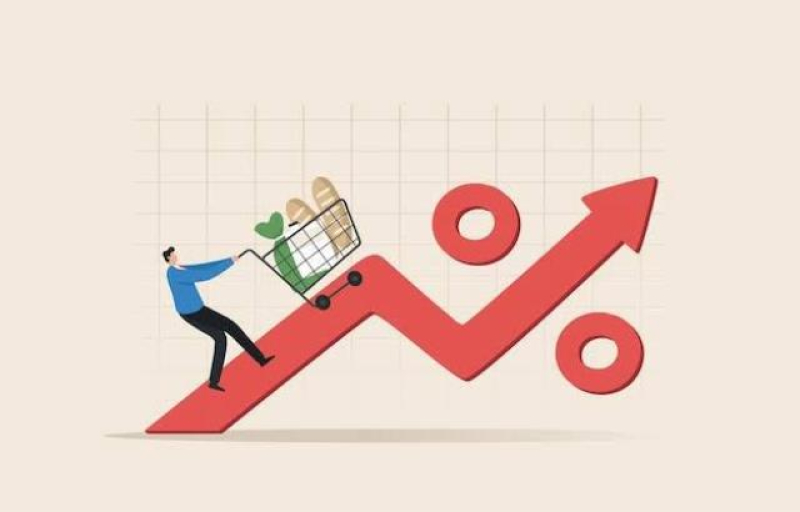- Hasina Gets 10 Years in Purbachal Plot Corruption Cases |
- NASA Finds Ammonia Compounds on Jupiter Moon Europa |
- Remittance Inflow Surges 45% to $3.17bn in January |
- Militant Attacks Kill 33 in Balochistan; 92 Assailants Dead |
- Power generation at Payra Thermal Power Plant 1st unit starts after a month |
“Bangladesh facing high inflation for 18 months”

“Bangladesh facing high inflation for 18 months”
Dhaka, Apr 09 – Bangladesh has been facing with high inflation for over one-and-a half year affecting limited income earners.
Dr. Ahsan H. Mansur, a former senior economist at the IMF, highlighted that the country has been grappling with high inflation for over 18 months, heavily impacting those with limited incomes.
In response, the Bangladesh Bank has implemented several strategies, including an increase in the policy interest rate. Consequently, the bank loan interest rate has soared to over 13.55%.
However, Dr. Mansur noted that these measures have yet to show significant economic impact due to delays and bureaucratic hurdles.
Economists point to an unregulated market system and rising product prices as the prime culprits behind the persistent high inflation rate.
The Bangladesh Bureau of Statistics (BBS) reported on Tuesday that the nation's inflation rate reached 9.81% in March, up from 9.67% in February.
The latest BBS figures reveal increases in both food and non-food inflation for the month. Food inflation escalated to 9.87%, while non-food inflation increased to 9.64%. In comparison, February's figures were 9.44% for food and 9.33% for non-food inflation, respectively.
Urban areas experienced a higher inflationary impact than rural regions, with urban inflation hitting 9.94% compared to 9.68% in rural areas. Urban food inflation reached 9.98%, and non-food inflation was 9.71%, whereas rural figures stood at 9.86% for food and 9.41% for non-food inflation in March.-UNB

